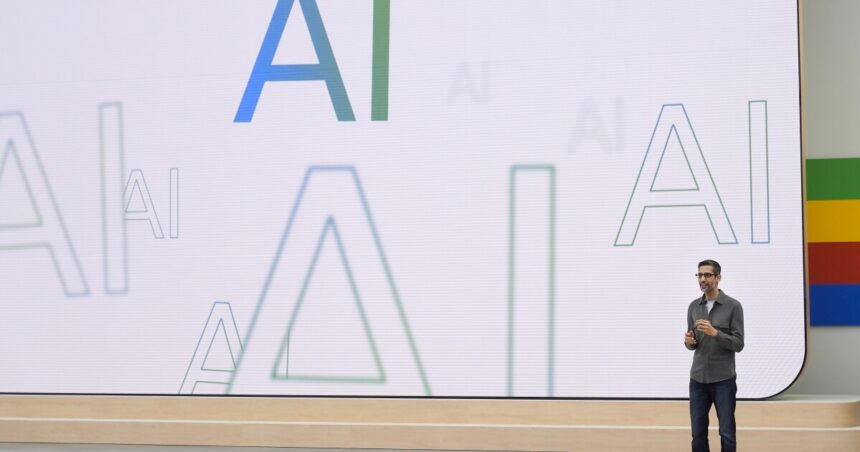Legislation advanced by California lawmakers on Tuesday would mandate that artificial intelligence companies test their systems and implement safety measures to prevent potential manipulation for destructive purposes, such as sabotaging the state’s electric grid or aiding in the development of chemical weapons. Experts believe these scenarios could become reality as technology continues to advance rapidly.
This groundbreaking bill is designed to mitigate the risks associated with AI and has faced strong opposition from venture capital firms and tech giants like Meta (parent company of Facebook and Instagram) and Google. Critics argue that the regulations unfairly target developers and should instead focus on those who misuse AI systems for harmful purposes.
State Senator Scott Wiener, the bill’s author, emphasized that the proposed measures aim to establish reasonable safety standards to prevent the potential catastrophic harms that could result from the creation of highly powerful AI models in the future.
The requirements would only apply to AI systems that require more than $100 million in computing power for training, a threshold that no current models have reached as of July.
During a legislative hearing, Wiener criticized opponents of the bill for spreading misinformation about its provisions. He clarified that the legislation does not introduce new criminal charges for AI developers whose systems are exploited for harm if they have conducted testing and taken steps to mitigate risks.
Under the proposed bill, only the state attorney general would have authority to pursue legal action in cases of violations.
While Governor Gavin Newsom has highlighted California’s leadership in AI adoption and regulation, he has expressed concerns about potential overregulation impacting the state’s position. Numerous tech companies argue that the bill could deter the development of large AI systems or hinder the availability of open-source technology.
Proponents of the legislation, including prominent AI researchers, argue that California cannot afford to delay action on regulating AI, drawing parallels to past failures in addressing issues related to social media companies.
The bill also proposes establishing a new state agency to oversee developers and establish industry best practices.
Furthermore, lawmakers are considering additional measures to protect Californians from AI-related harms, such as combating automation discrimination in hiring practices and preventing social media companies from collecting and selling data of minors without consent.
Related story: Could your vote be swayed by artificial intelligence this November?





